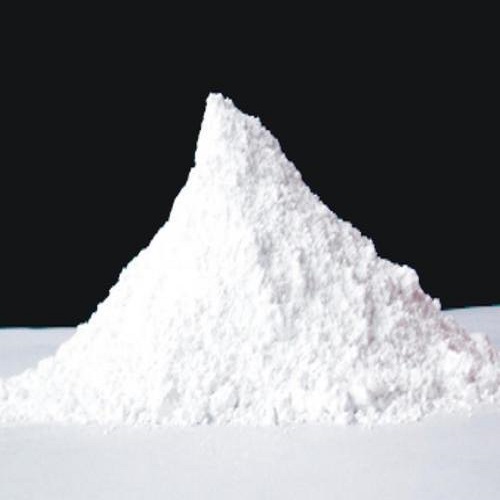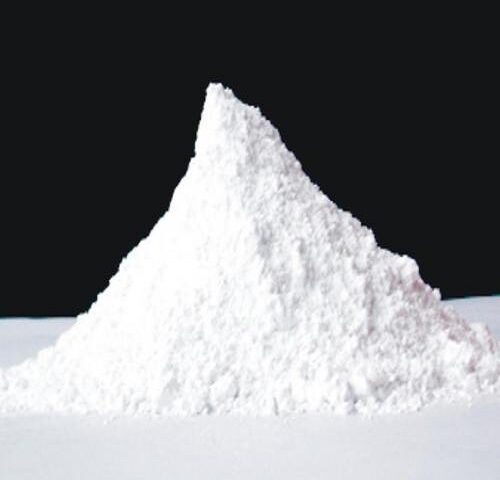What Activated Calcium Carbonate Is and What It Can Do

What Sets Mewar Micron Apart as the Leading Calcium Carbonate Manufacturer in India
September 14, 2022
The pick of the bunch: Talc powder of Mewar Microns
September 16, 2022
Introduction
When it comes to calcium supplements, Activated calcium carbonate is one of the most popular options. But what is it and what does it do? In short, activated calcium carbonate is a type of calcium that has been treated with an acid or a base to make it more soluble in water. This makes it more straightforward for your body to assimilate and utilize.
Activated calcium carbonate is available in both powder and tablet form, and can be found at most pharmacies and health food stores. It's important to consult with your doctor before starting any new supplement, especially if you're taking other medications. In this post, we'll discuss the benefits of activated calcium carbonate, as well as some of the potential side effects.
What Is Activated Calcium Carbonate?
You might have heard of activated calcium carbonate before, but what exactly is it? Activated calcium carbonate, or ACC, is a powder that's made from limestone. It's been processed in a way that makes it super absorbent, which is why it's so often used in products like detergents and toothpastes.
But activated calcium carbonate doesn't just absorb dirt and grime. It also absorbs toxins and heavy metals, which is why it's often used in water filtration systems. In fact, it's one of the most absorbent substances on the planet, which is why it's so great for cleaning up messes.
What Are the Benefits of Activated Calcium Carbonate?
If you're not familiar with activated calcium carbonate, you're in for a real treat. This miracle powder has a ton of benefits, which is why it's become such a popular ingredient in everything from toothpaste to sunscreen. Here are just a few of the things activated calcium carbonate can do:
Are There Any Side Effects of Activated Calcium Carbonate?
Some people are concerned about the side effects of activated calcium carbonate. Let's take a look at the most common ones. First, activated calcium carbonate can cause constipation. If you're not drinking enough fluids or you're eating a low-fiber diet, this can be a problem. So make sure you're drinking plenty of water and eating plenty of fruits and vegetables.
Second, activated calcium carbonate can sometimes cause gas and bloating. Again, this is usually because people aren't drinking enough fluids or they're eating a low-fiber diet. So again, make sure you're drinking plenty of water and eating plenty of fruits and vegetables. Third, activated calcium carbonate can sometimes cause nausea and vomiting. This is usually a sign that you're taking too much activated calcium carbonate. Assuming this occurs, converse with your PCP about bringing down your portion.
Conclusion:
You've probably heard about activated calcium carbonate, but you're not sure what it is or what it can do. Activated calcium carbonate is a type of calcium carbonate that has been processed in a way that makes it more absorbent and reactive. This makes it ideal for use in a variety of applications, including as a food additive, a dietary supplement, and as an ingredient in personal care products.
Thanks to its versatility, activated calcium carbonate can benefit your health in a variety of ways. It can help to improve your overall digestion, boost your immune system, and even help to reduce the risk of some chronic diseases. So if you're looking for a way to improve your health, activated calcium carbonate may be the perfect solution for you.

